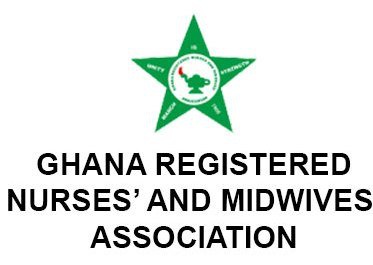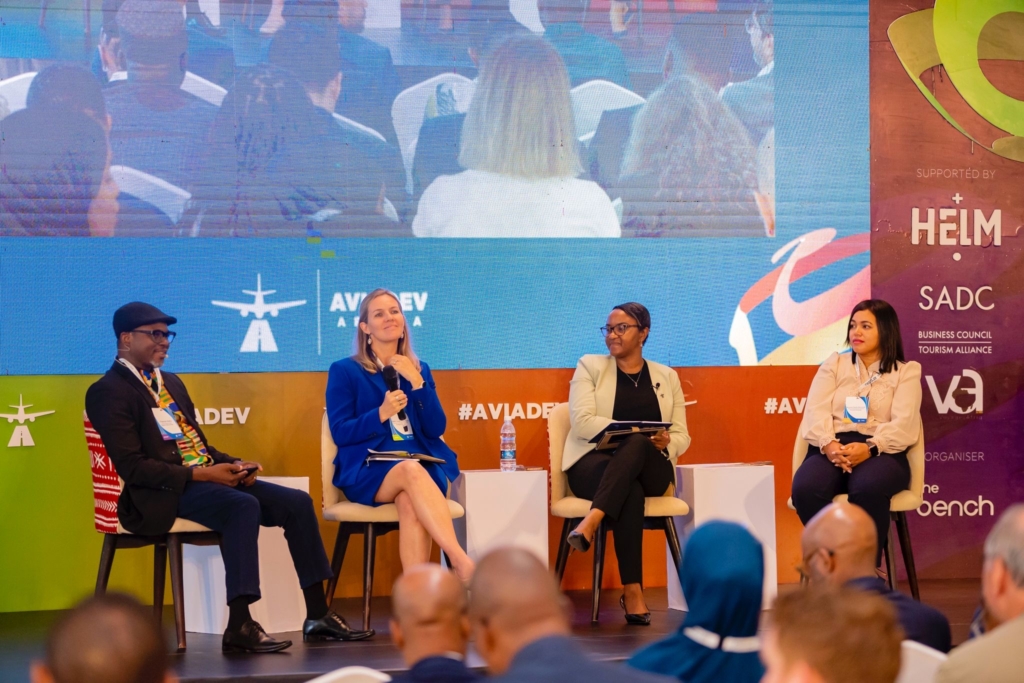REBUTTAL TO SENIOR COUNSEL DICKSON JERE'S CONTENTIONS ON LEGAL EDUCATION AND PROFESSIONAL REFORMS IN ZAMBIA- Dr.Larry Mweetwa - The Zambian Observer
REBUTTAL TO SENIOR COUNSEL DICKSON JERE’S CONTENTIONS ON LEGAL EDUCATION AND PROFESSIONAL REFORMS IN ZAMBIA
By Dr.Larry Mweetwa
UNILUS LAW STUDENT
Introduction
The legal profession, like all vocations, must evolve to meet contemporary demands. Senior Counsel Dickson Jere’s recent arguments—questioning the proliferation of law graduates and advocating restrictive entry or recruitment of Law students by universities to limit entrants into the profession—warrant critical scrutiny. While his concerns about market saturation are not unfounded, his proposed solutions are regressive, ignore global trends, and fail to account for technological disruptions reshaping legal practice. This rebuttal addresses his assertions systematically, advocating for progressive reforms in legal education, ZIALE, and the Law Association of Zambia (LAZ).
I. The Flawed “Frustrated Doctor” Narrative
Jere’s analogy of a medical doctor abandoning their profession due to lack of equipment is a false equivalence. His assertion that a doctor’s inability to diagnose without tools justifies career abandonment is a fraudulent misrepresentation of medical practice. Diagnosis is a multidisciplinary effort: radiographers, pathologists, and biomedical scientists contribute over 90% of diagnostic data through imaging and laboratory tests . A doctor’s role transcends tools—it involves interpretation, patient management, and clinical judgment. By contrast, legal practice is increasingly augmented by technology (e.g., AI-driven research tools like ROSS Intelligence), reducing dependency on traditional infrastructure. Jere’s narrative ignores the resilience of professions and the irreplaceable human elements in both medicine and law.
II. Restricting Legal Education to UNZA: A Regressive Proposal
Jere’s suggestion that it would be prudent to go back to old days where only LAW STUDENTS FROM UNZA enlist at ZIALE is repugnant
The notion that only University of Zambia (UNZA) graduates should qualify for ZIALE entrenches elitism and contradicts global best practices. Comparative jurisdictions like the UK (Bar Standards Board) and (Legal Practice Council) accredit multiple institutions, fostering competition and diversity in legal training . Zambia’s legal profession cannot thrive under a monopolistic model. Instead, LAZ and ZIALE should:
1. Standardize curricula across universities to ensure quality.
2. Expand practical training through mandatory clerkships or apprenticeships, as seen in Nigeria (Nigerian Law School).
3. Adopt a tiered licensing system, allowing graduates to specialize early (e.g., transactional law vs. litigation), reducing overcrowding in traditional practice areas where a student is made to study 16 subjects at ZIALE even in areas they have no interest to practice. Imagine if I want to become a constitutional lawyer, Then when I go to ZIALE my focus should be in constitutional Law modules.
III. AI and the Existential Threat to Traditional Legal Practice
Jere’s failure to address technological disruption is a critical oversight. AI platforms (e.g., ChatGPT-4, DoNotPay) already draft contracts, predict case outcomes, and automate discovery.
The *Legal Services Act 2007* (UK) liberalized the market by allowing non-lawyers to offer legal services should be a concern LAZ and other progressive minds should start thinking on a model Zambia could adapt. LAZ must:
-Integrate AI literacy into ZIALE’s curriculum.
Regulate AI use to maintain ethical standards and should LAZ must actively play a part have a look at the Zambia AI strategy under our ministry.
Diversify revenue streams by certifying legal tech specialists, as the American Bar Association now does.
The doctrine of necessity should compel LAZ to innovate or risk obsolescence. Res ipsa loquitu the profession’s stagnation speaks for itself.
IV. ZIALE’s Gatekeeping: A Barrier to Progress
ZIALE’s repetitious modules (90% overlap with undergraduate law) and high failure rates reek of artificial scarcity. This quasi-oligarchic control harms the profession by:
1. Limiting access to justice: Fewer lawyers exacerbate case backlogs.
2. Stifling competition: Botswana’s *Legal Practitioners Act* allows foreign-trained lawyers to practice, boosting expertise. Let LAZ see this as an opportunity
3. Undermining LAZ’s revenue: More members mean higher subscriptions and funds for continuing education.
Proposal.
1. Replace ZIALE’s redundant coursework with:
-Specialized electives (e.g., constitutional, criminal, contract, Family law etc).
1. Specialized bar registration will limit number of unnecessary subjects, reminds me of why study history when all you want is become a doctor or pharmacist then study science subjects
V. Conclusion: A Call for Progressive Reform
Jere’s arguments, while well-intentioned, are anachronistic, The legal profession must embrace disruptive innovation or face irrelevance. LAZ and ZIALE should:
1. Expand accreditation to all qualified universities.
2.Modernize licensing to include AI and alternative legal services.
3. Abolish redundant ZIALE modulesin favor of skills-based training.
Lex non curat de minimis, the law does not concern itself with trifles. Zambia’s legal system cannot afford to cling to archaic gatekeeping while the world advances.












